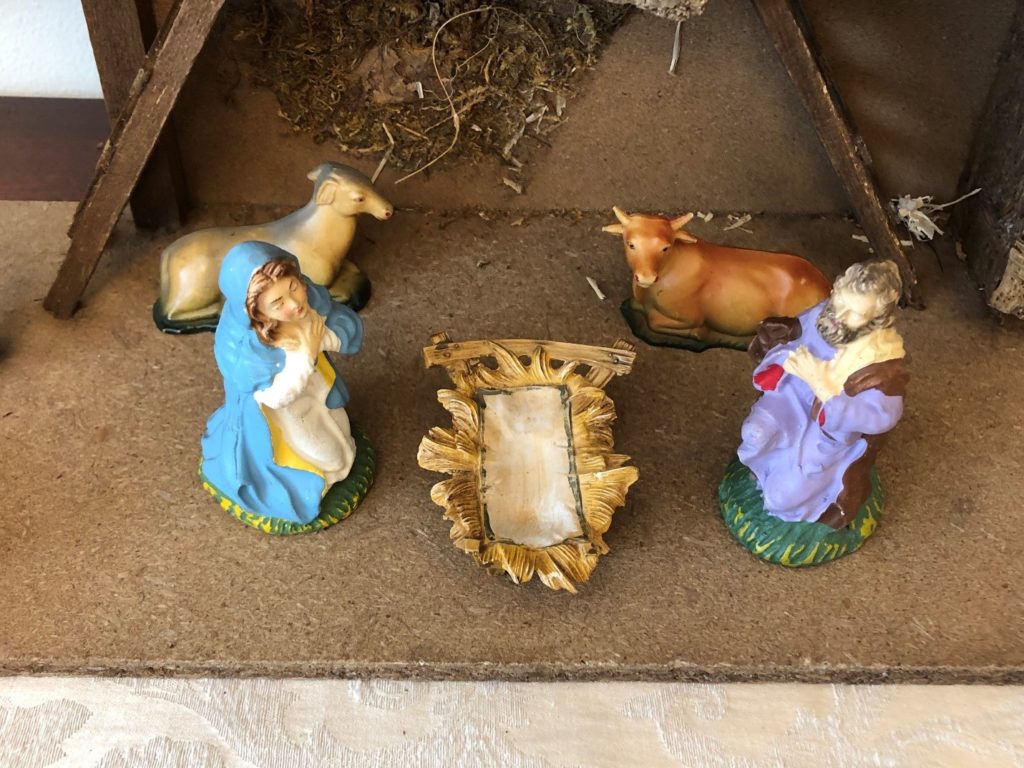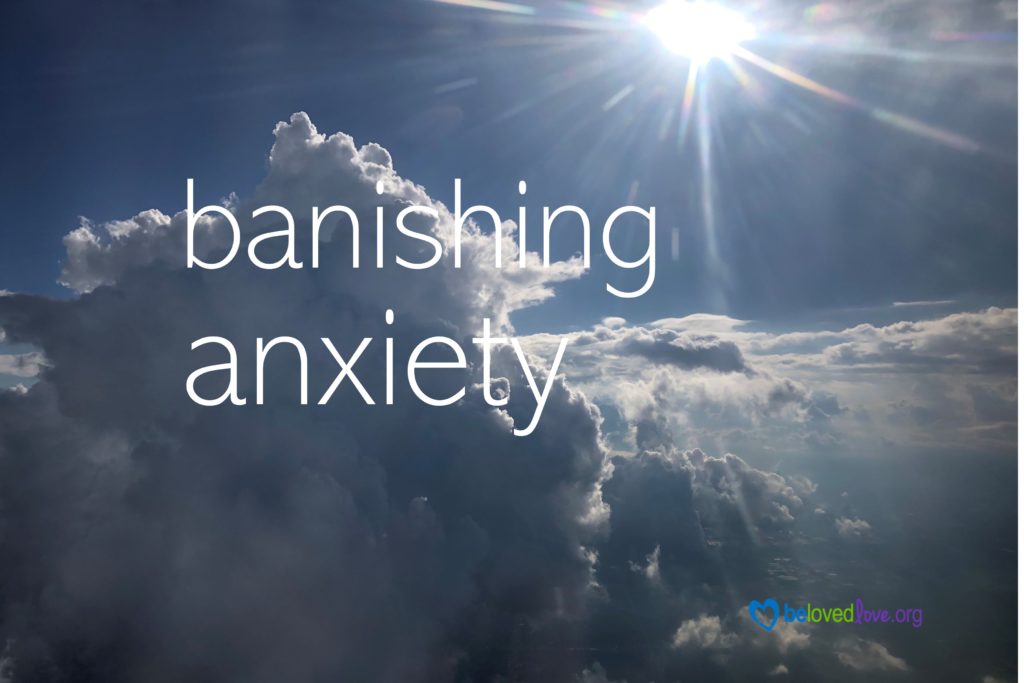
A few years ago, I gave up on gift giving–at least the spend-wads-of-money kind of giving. No matter how hard I tried or how much money I spent, I couldn’t find the “perfect” gift for every family member. So one year, I announced to our family that “Santa” was going to keep filling the stockings, and would give everyone some money, but any other gifts would be coming from a thrift store.
Thus began the Floren Good Will Christmas Tradition.
Having a ball
It has been awesome. All year long I have a ball “finding” gifts at thrift shops and garage sales. At the holidays, I still fill everyone’s stocking but all (well, most) the wrapped gifts by the stockings are from Good Will. The rule is that if anyone doesn’t want their gift (no hurt feelings) they set it in the middle of the coffee table for someone else to claim. Whatever doesn’t get scarfed up goes back to the thrift store.
It’s a win-win. Each person had some presents to open, and I don’t have to feel like I wasted tons of time and money on gifts people didn’t like and would have to take back anyway.
A couple of years ago the kids added their own touch to our Good Will Christmases. After they all fly into town, they go out together (often to Good Will 😊) to find stuff to fill my stocking. Instead of giving presents to each other, they decided they would each give each other $20 and a card, with the understanding that after Christmas we would all go out shopping together.
I don’t know how long this tradition will last, but we have been doing it several years and no one wants to go back! Instead of stressing about gift-giving, we spend a lot more time laughing about mom’s quirky presents and enjoying each other’s company. And singing Happy Birthday to Jesus.
What ideas have you found to de-stress Christmas?




